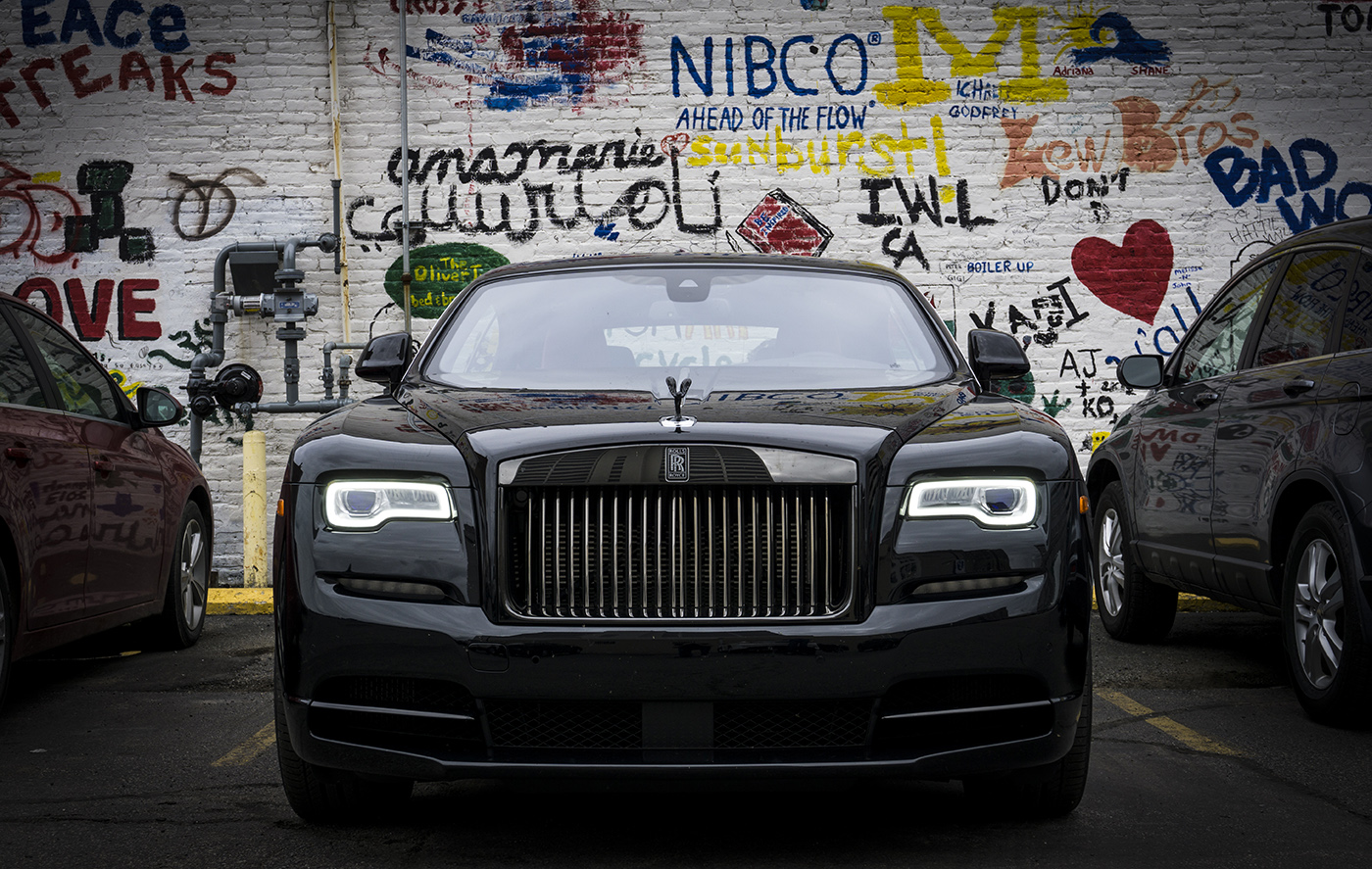Road Trip: The Joys and Sorrows of Kentucky
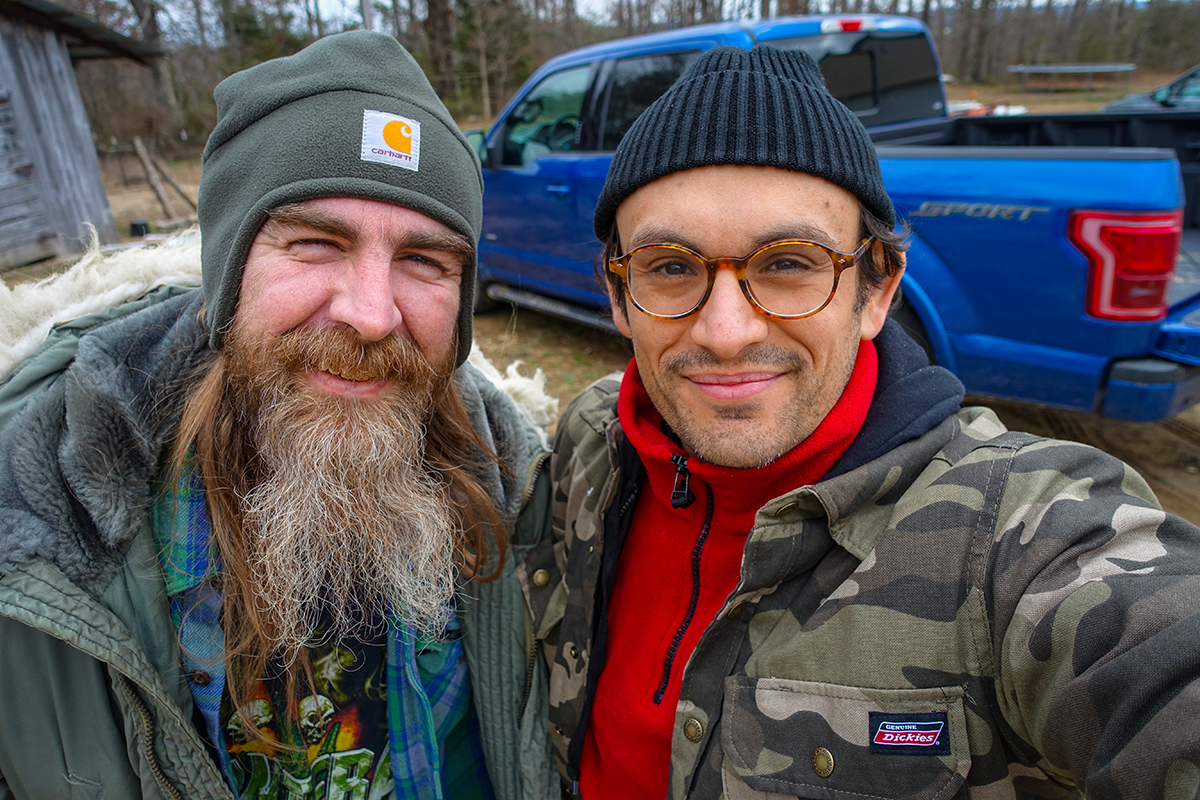
Two days driving east-by-south-east from New York City will get you to Grayson County which lies in the heart of a state most Americans have never been to. A place of small towns and villages no tourist would ever discover by accident.
Many years ago, about the time I turned eighteen, I was recruited by a small university in Kentucky to play football. I lasted only one season after being quickly lured away by the sense of freedom that buying an old motorcycle can inspire in a young man. Surrounded by bluegrass meadows, gushing rivers, tobacco fields, and acres of unexplored woodland, I went through those rites of passage most boys gleefully endure a year or two shy of twenty.
Although I stayed in Kentucky for less than two years, the land and its people made a deep impression on me. For most of my adult life I have felt drawn back to this largely unexplored province where KFC was invented and the state’s governors “must swear an oath before taking office that they have neither fought a duel with deadly weapons nor aided or assisted any person fighting one.” A Native American word, Kentucky means ‘prairie’ and while strolling along the banks of rivers and creeks, it’s common to look down amongst the pebbles and find flint arrowheads still sharp after hundreds of years. Kentucky also has the longest cave-system in the world (about 400 miles) which can be toured in rented helmets and cave lanterns.
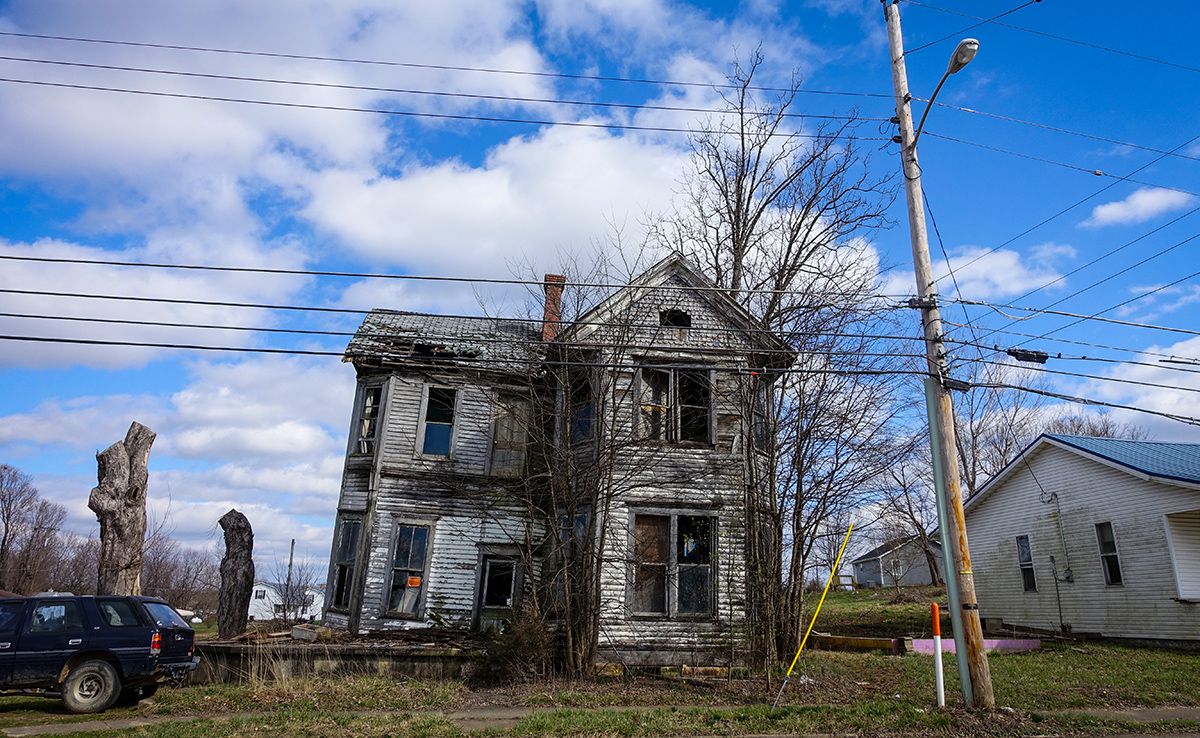
Kentucky has some of America’s poorest people especially on its eastern side, once famous for coal mines. Despite this, the people are genuinely warm and caring. With persistent poverty and a lack of educational resources in many areas, it’s not difficult to understand the grip that religion has over a state where for some communities the Great Depression never ended.

My old college friend, Sam Morris III, is the person I visit when I get back to Kentucky. Sam is exactly my age, a father, a husband, and a loyal employee for the Ford Motor Company for 17 years. His job at the Louisville plant is to check the quality of chassis welds performed by a robot further up on the production line. In one ten-hour overnight shift Sam might inspect as many 800 vehicles. He explains that he deals with the monotony of the task by telling himself that every car he inspects could be the one his mother decides to buy.
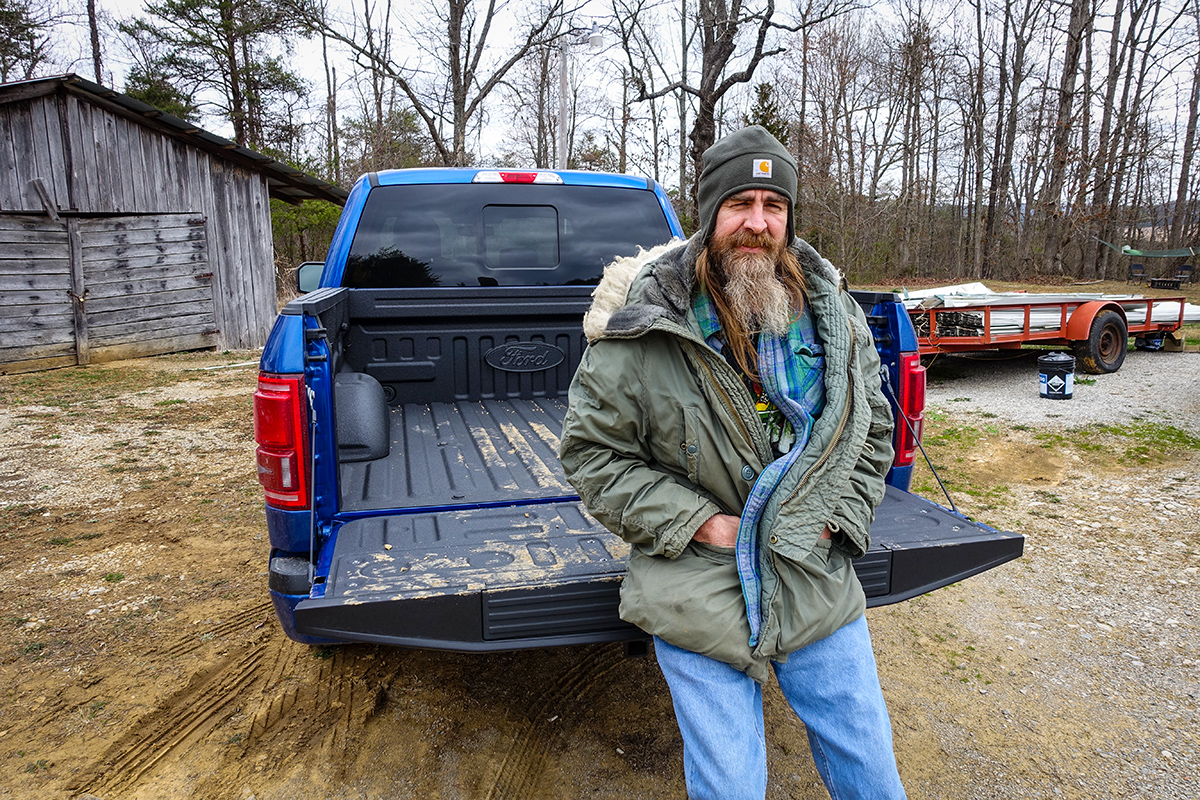
Sam owns a couple of Ford vehicles himself, but his pride and joy is a customized, lime-green Jeep with aftermarket oversized rims and a halogen strip-light mounted to the hood. Sam’s father, Sam Morris II, didn’t see the point of it at first. If it wasn’t fast or couldn’t haul, then what use was it?
Sam and I spend most of my visits walking along the riverbanks or petting horses in fields near his house. Once we even visited an old cemetery and tried to imagine what people’s lives must have been like by the words engraved on their tombstones. One family lost seven young children over eight consecutive years. Sam confessed that whenever he feels sad about something, he visits this part of the churchyard and is instantly cured. Most of the time we do exactly what we did in college which is to just sit on his porch not saying much, just thinking and staring up at the stars or into dark woods as coyotes wail like ghosts.
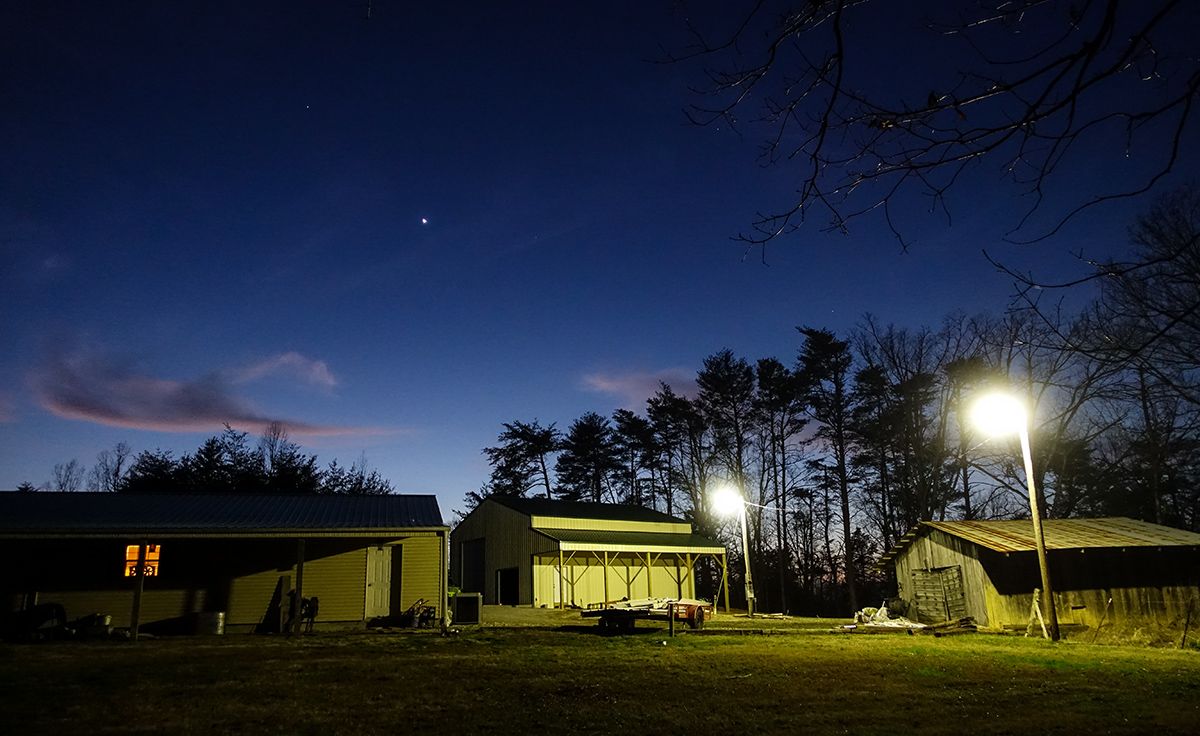
For my annual trip this year, Ford let me drive an extra large lightning blue F-150. Driving across America is not about getting from one place to the next, but the interior journey that a person takes with hundreds of miles of road ahead and behind. And being in an F-150 pickup truck is like driving a piece of American history (albeit one with some serious tech upgrades). On the road, day turns quickly into night and the trucks whistle past, their trailer lights blinking momentarily upon the dark road.
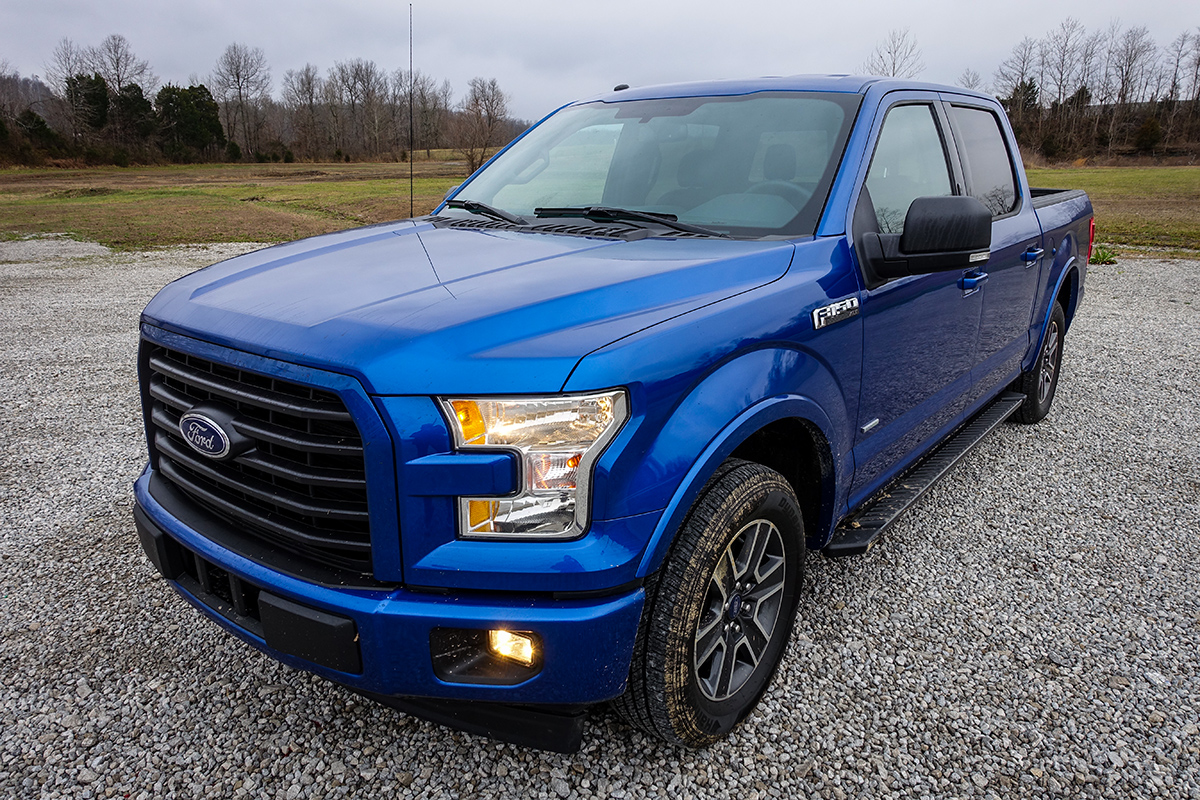
Soon after arriving in Grayson County, I met up with my old friend at the 1920s pink brick house where he spent his childhood in the center of Leitchfield, a small town with a handful of fast food restaurants and two bustling gas stations where people will sit and talk for hours, leaning on cars under the blinding forecourt lamps.
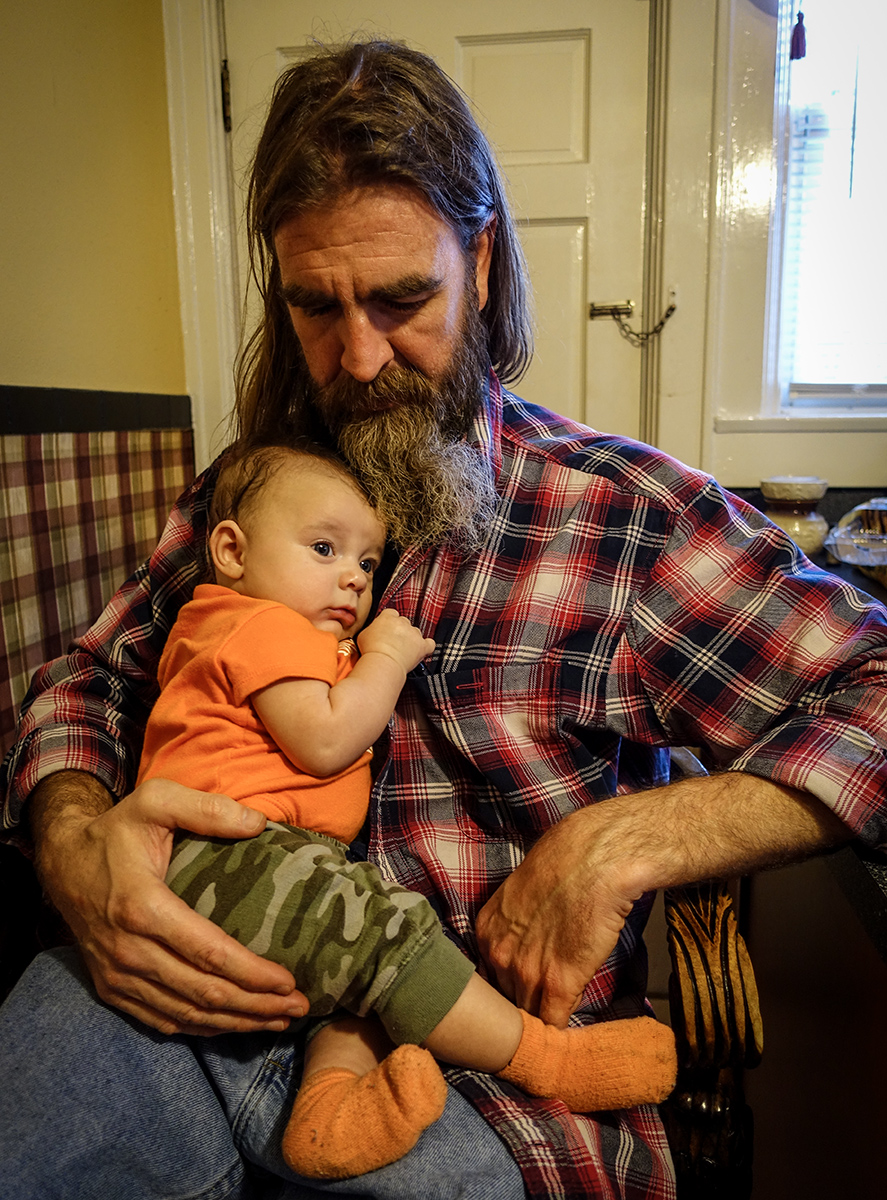
Sam’s parents, Sam II and Alfreda, live with Sam’s Uncle Rusty who just turned 69. When I tell him he looks younger, he seems surprised.
“Well I’m not younger,” he says. “I’m 69. I had a party.”
For most of his life Uncle Rusty has lived with his sister Alfreda. Despite his autism, Rusty has made a deep impact on the people in his community with an unwavering spirit of friendliness and generosity. For his 69th birthday half the town showed up to wish him well.
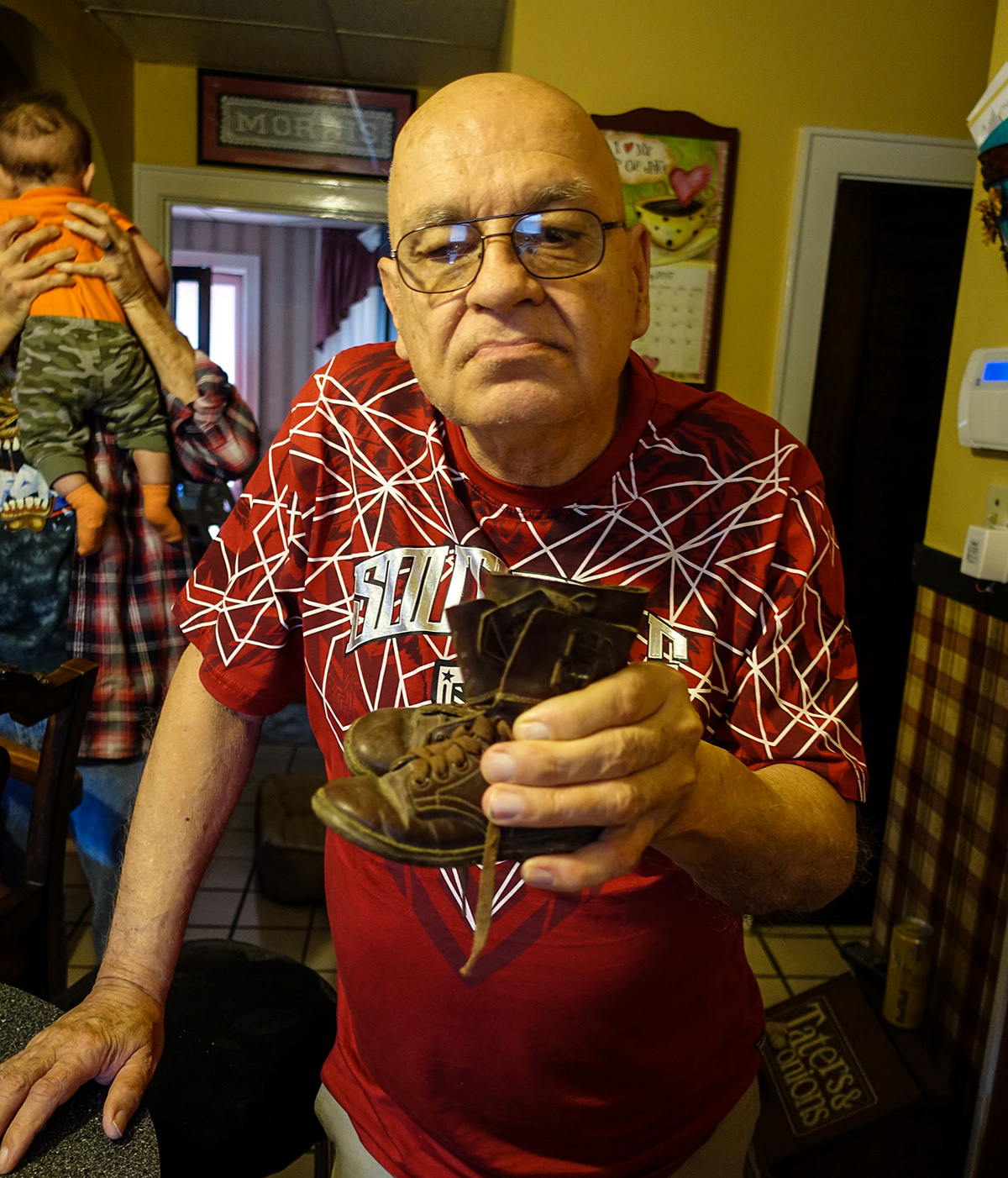
Alfreda is a woman I have grown to love deeply over the past 25 years. While Sam’s childhood reflects his parents’ kindly temperaments, Alfreda’s life as a child was different. Like so many other families in rural Kentucky in that era, her mother had to make her clothes from animal feed sacks. In fact there were so many poor mothers making their children’s clothes from animal feed bags that when the sack manufacturers found out, they decided to print different patterns on the material, changing the patterns frequently so little girls wouldn’t feel embarrassed about wearing the same dress all the time. Some of the feedbags even bore printed stitching lines to make it easier for young mothers to follow the pattern.
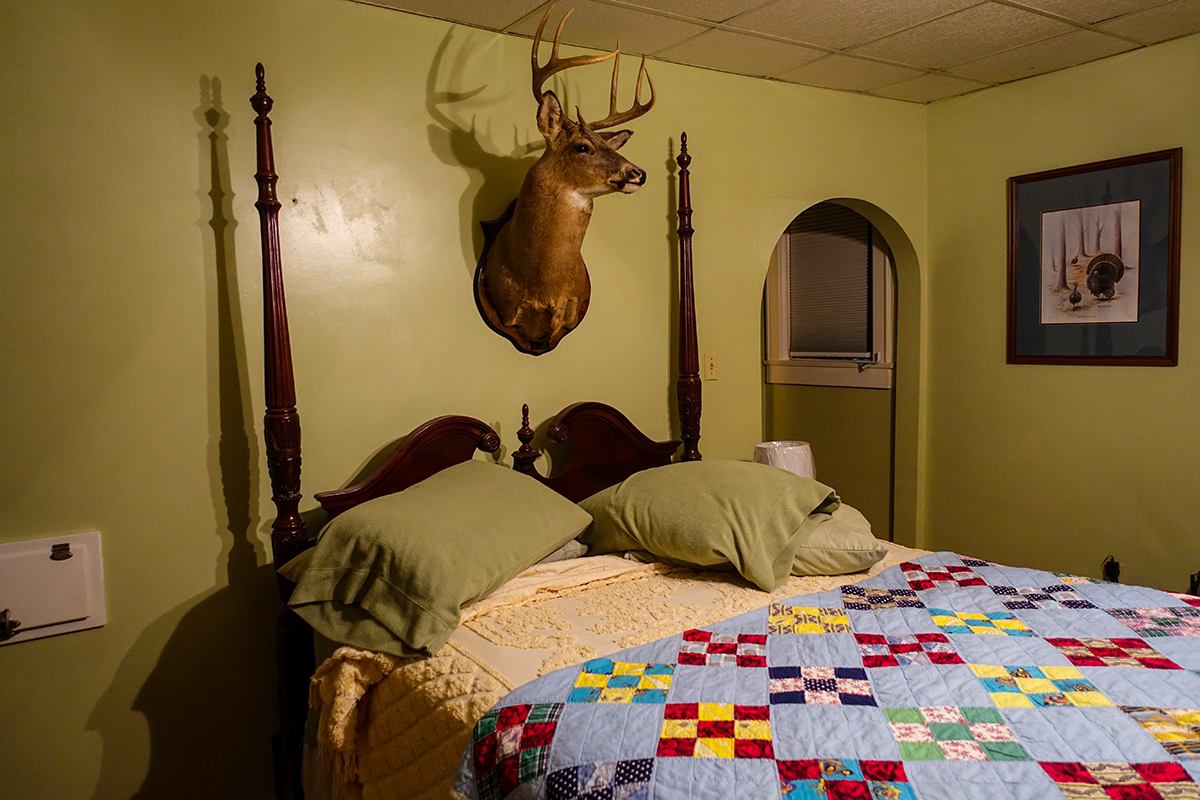
When Alfreda left home, her mother cut out patches of all her old dresses and made them into a quilt so that she might carry her childhood wherever she went. Despite her mother’s devotion to her children, however, Alfreda tells me that her grandfather was not kind. I ask in what way.
She shakes her head as though trying to remember. “I don’t know how many men he killed, exactly…” she admits.
I also know from previous visits that Alfreda’s mother was sold into marriage as a young teenager to pay off her father’s gambling debt. Alfreda told me that she had hidden under a table because she was so afraid. After having a baby, her mother gathered up her few possessions and ran away with the infant boy in her arms.
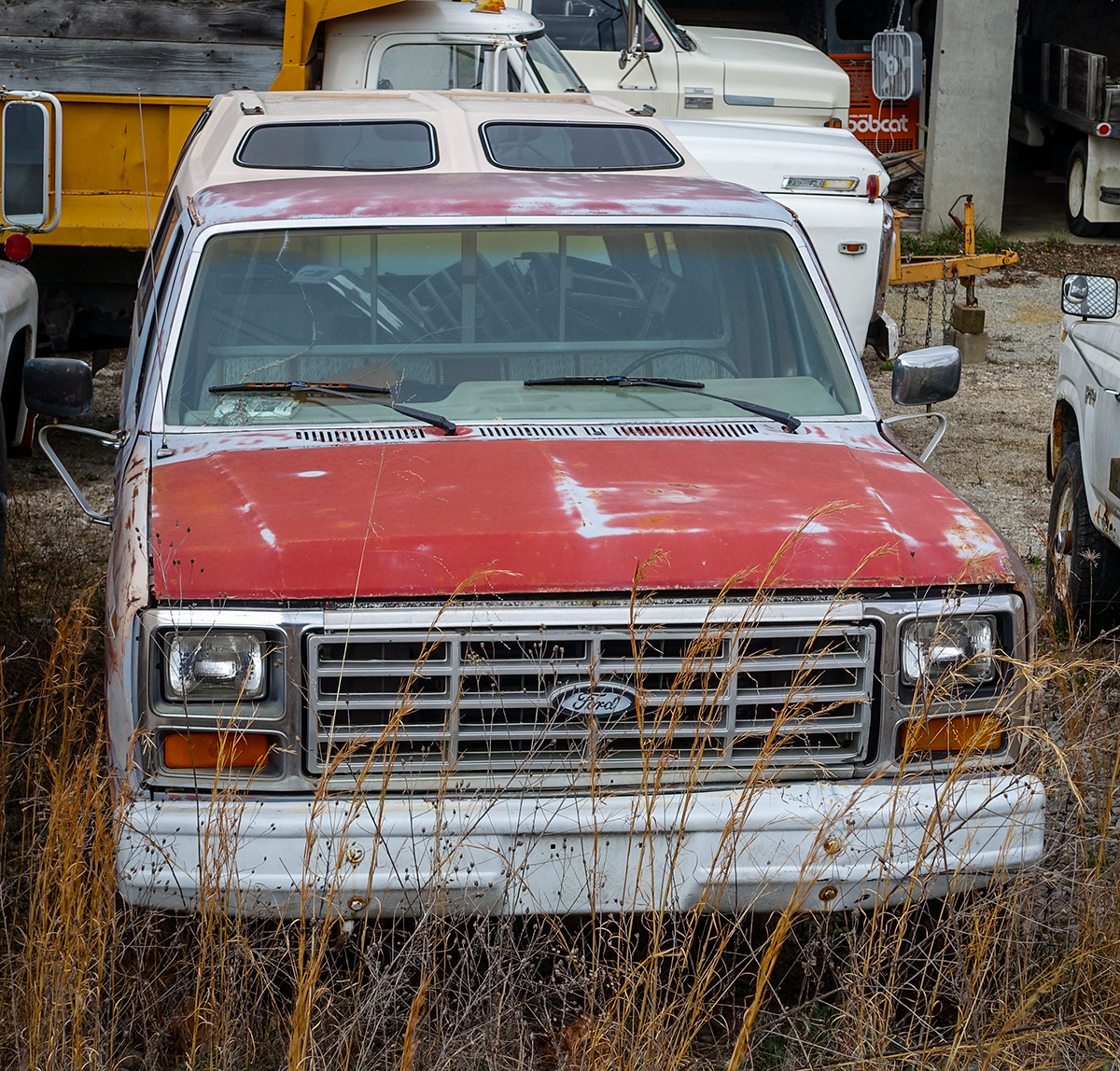
Despite Kentucky’s endless rolling fields evidence of the past is everywhere, not only in the stories people so freely share or the Cherokee arrowheads found near the creeks. Back at Sam’s house several miles outside town, he shows me an axe he’s been using to chop firewood. Somewhere in the forest on his twelve acre property, he came across the axe leaning against a tree, presumably where someone had forgotten it about a hundred years ago. As a gift, Sam’s father polished the head, sharpened the blade, and replaced the rotting handle with a new one. Sam made a leather blade cover from the skin of a deer he killed with his bow and arrow.
On the last day of my trip, Sam teaches me how to make a fire. The freedom he has on his land is something that makes him happy. While I’ve always known him as a kind, loving, and tolerant man, he fears regulations and restrictions from a government he believes doesn’t represent the interests of rural communities. Like many people in the countryside, Sam doesn’t feel there’s much difference between the political parties these days. Politicians are self-serving and not people-serving.
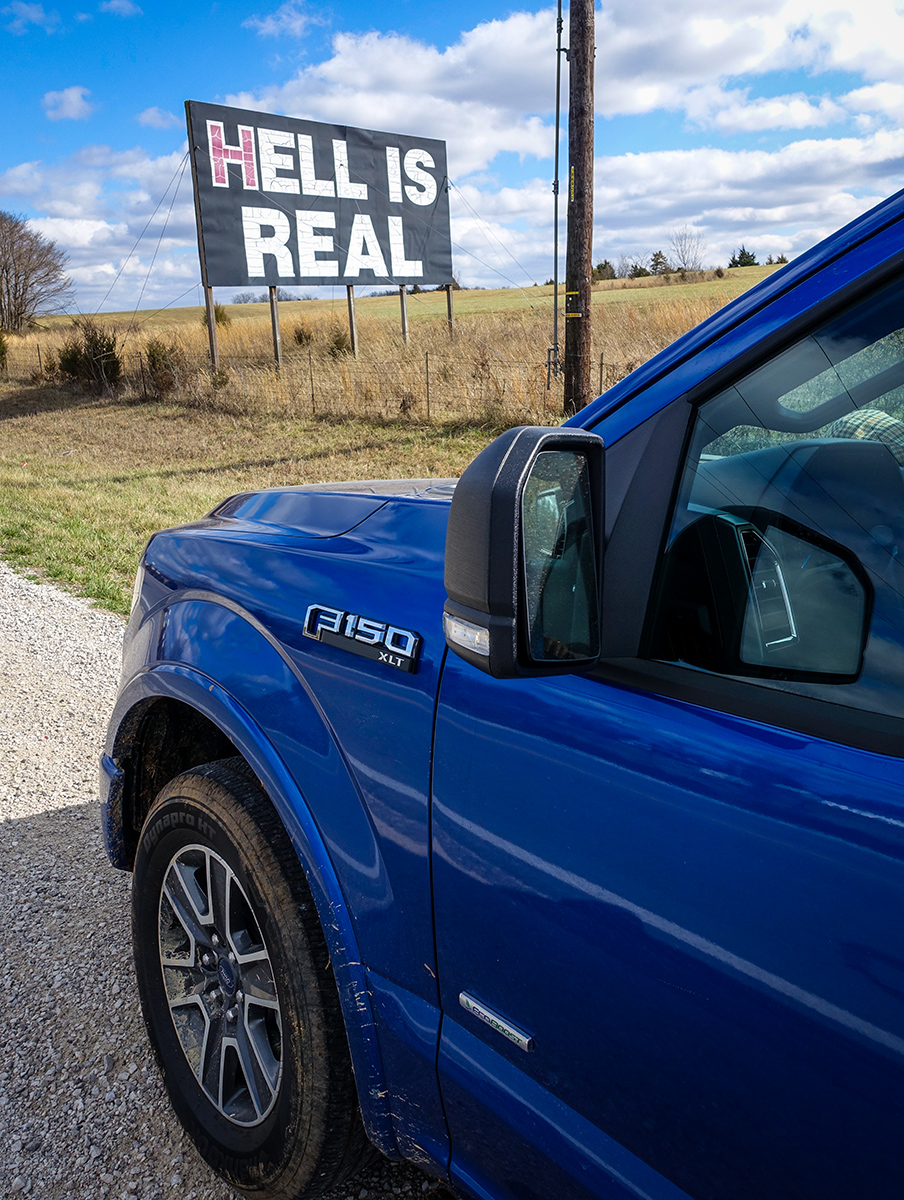
Politics is one of the places where we disagree, but he admits that in Kentucky it’s difficult to get real information. Serious newspapers are hard to find and most of what’s shown on television is opinion passed off as fact. I admit that I don’t understand the needs of people in rural areas where labor has been outsourced and there’s daycare in the high school to cope with all the teenage pregnancies. Less than 9% of people in Grayson County have a college degree. The median income is about $33,000 a year. While Sam is a wide, voracious reader, and completely self-educated, he worries what children with no qualifications are going to do when it comes time for them to enter a workforce, where jobs are scarce.
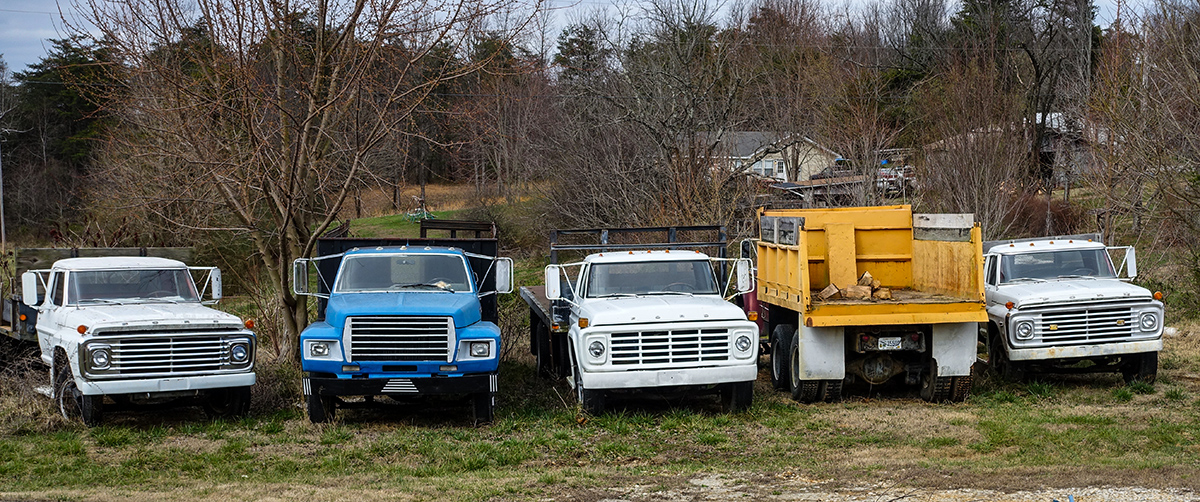
When he needs some time alone, he often packs a rucksack then disappears into the woods for a couple of days where he has time to think and appreciate his life. Somewhere on his property is a secret, hidden store of food, water, survival equipment (including a gun or two), and most importantly, heirloom seeds of all kinds. He has tools to live in case there’s a breakdown in central government. Sam assures me that if this happens, and I can get to Kentucky, we can build a house together for my family on his land.
I think about this generosity of spirit on my long drive back to New York City in the truck, drinking coffee all the way. It reminds me of the tolerance shown by Native Americans to settlers coming from Europe, who didn’t realize that many of the native’s ways were so much more sophisticated than their own.
About halfway back I hit heavy snow. I turn the radio off and watch the road. I haven’t seen another truck for miles.
I think back to Alfreda’s stories of her cruel grandfather and marvel at her own endless well of love. As wind whips snow across the highway, I wonder if the extremes of nature’s beauty and her harsh desolation, so apparent in rural areas of America, aren’t somehow mirrored in human behavior. If they are, then it would explain why some people live in perpetual fear while others, like Sam, are eternally hopeful.
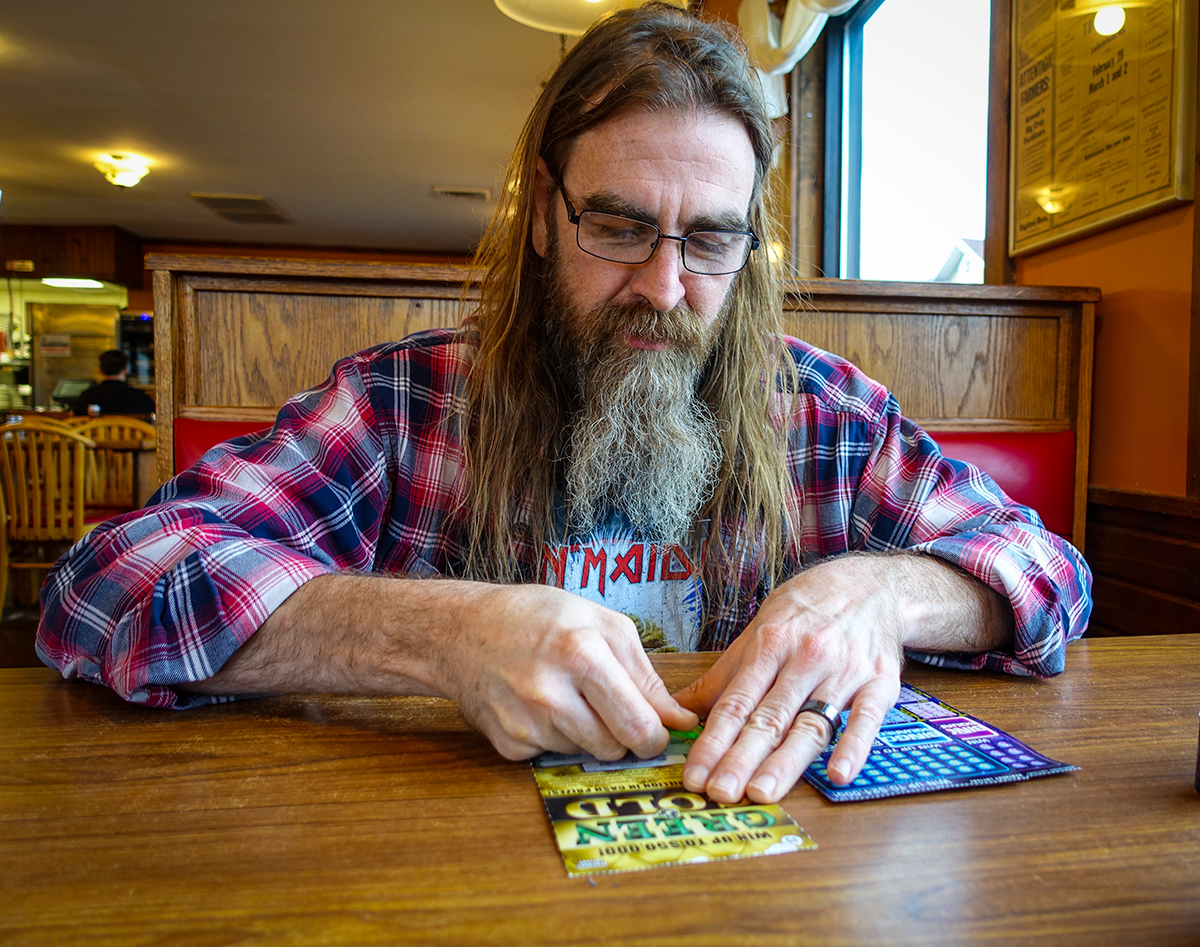
The F-150 for Simon’s trip was graciously provided by the Ford Motor Company.


